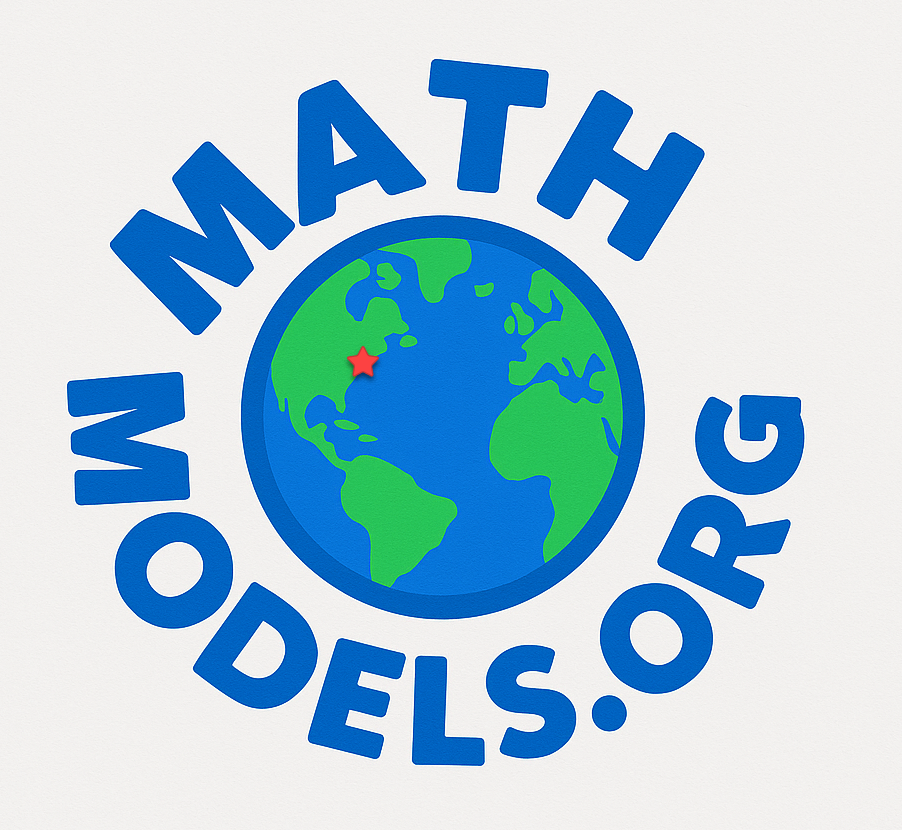Teaming Strategies
Author: COMAP
Background:
As societies become more interconnected, the set of challenges they face have become increasingly complex. We rely on interdisciplinary teams of people with diverse expertise and varied perspectives to address many of the most challenging problems. Our conceptual understanding of team success has advanced significantly over the past 50+ years allowing for better scientific, creative, or physical teams to address these complex issues. Researchers have reported on best strategies for assembling teams, optimal interactions among teammates, and ideal leadership styles. Strong teams across all sectors and domains are able to perform complex tasks unattainable through either individual efforts or a sequence of additive contributions of teammates.
One of the most informative settings to explore team processes is in competitive team sports. Team sports must conform to strict rules that may include, but are not limited to, the number of players, their roles, allowable contact between players, their location and movement, points earned, and consequences of violations. Team success is much more than the sum of the abilities of individual players. Rather, it is based on many other factors that involve how well the teammates play together. Such factors may include whether the team has a diversity of skills (one person may be fast, while another is precise), how well the team balances between individual versus collective performance (star players may help leverage the skills of all their teammates), and the team's ability to effectively coordinate over time (as one player steals the ball from an opponent, another player is poised for offense).
Problem Download

Mathematics Topics:
Application Areas:
You must have a Mathmodels Membership to download Student Papers and Commentary.
If you're already a member, login here.